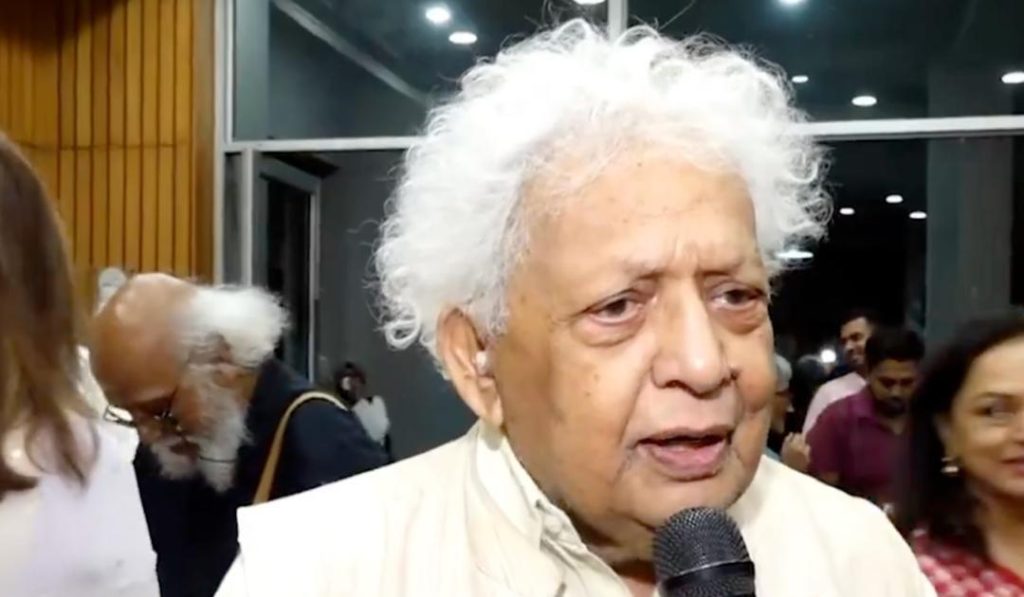
PM Modi Rightly Called Pahalgam Attack Cruel: UK MP Desai
In the wake of the recent Pahalgam terror attack, which claimed the lives of at least 26 people, the world is still reeling in shock and outrage. The brutal assault on the innocent civilians in the picturesque town of Pahalgam, Jammu and Kashmir, has left a deep scar on the collective conscience of humanity. Amidst the global chorus of condemnation, Indian Prime Minister Narendra Modi’s characterization of the attack as “cruel” has found support from an unexpected quarter – the UK’s House of Lords.
Meghnad Jagdishchandra Desai, a respected Member of the UK’s House of Lords, has echoed Prime Minister Modi’s sentiments, saying that the attack was indeed cruel and deserved a strong response from the Indian government. In an interview, Desai emphasized the need for India to take a firm stance against terrorism and ensure that those responsible for the heinous attack are brought to justice.
Desai’s remarks are significant, not only because they lend credibility to the Indian government’s stance but also because they highlight the shared concern of nations across the world about the growing menace of terrorism. As a member of the UK’s upper house, Desai’s voice carries weight, and his endorsement of Prime Minister Modi’s views on the Pahalgam attack serves as a powerful reminder that terrorism knows no borders and demands a unified response.
The Pahalgam attack was a chilling reminder of the level of brutality that terrorists are capable of. The fact that the attackers targeted a tourist spot, where innocent families were enjoying a vacation, is a stark indication of the depraved nature of terrorism. The attack was a deliberate attempt to spread fear and panic, and it is imperative that the Indian government takes decisive action to prevent such incidents from happening in the future.
Desai’s emphasis on the need for India to react “absolutely forcefully” to the Pahalgam attack is a call to action for the Indian government. The Prime Minister has already taken steps to strengthen the country’s security apparatus and ensure that those responsible for the attack are brought to book. However, as Desai suggested, the response to the attack must go beyond mere punishment of the perpetrators. It is essential that the Indian government takes concrete steps to prevent such incidents from happening in the future.
One of the key steps that the Indian government can take is to strengthen its intelligence gathering capabilities and share information with other countries to prevent the movement of terrorists across borders. The Pahalgam attack was carried out by terrorists who had infiltrated from across the border, and it is imperative that the Indian government takes measures to prevent such infiltrations in the future.
Another important step that the Indian government can take is to engage with the people of Jammu and Kashmir and address their grievances. The Pahalgam attack was a stark reminder of the fragile situation in the region, and it is essential that the Indian government takes concrete steps to address theROOT causes of terrorism. This can be achieved by engaging with the people of Jammu and Kashmir, understanding their concerns, and addressing their grievances.
In conclusion, the Pahalgam attack was a cruel and heinous act that has left a deep scar on the collective conscience of humanity. The fact that Prime Minister Modi’s characterization of the attack as “cruel” has found support from a respected member of the UK’s House of Lords is a powerful reminder that terrorism is a global concern that requires a unified response. As Desai emphasized, India must take decisive action to prevent such incidents from happening in the future and ensure that those responsible for the attack are brought to justice.






